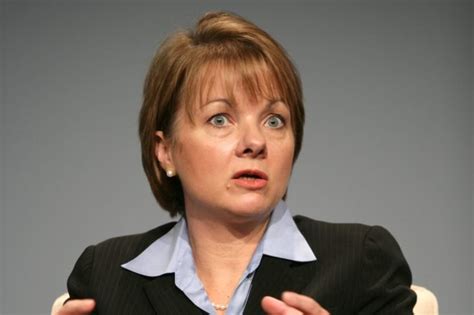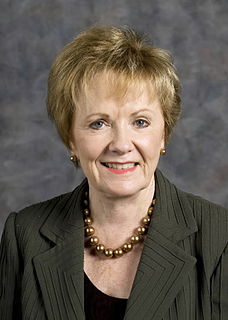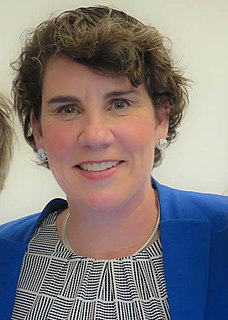A Quote by Gabriel Iglesias
I know what it's like to have a family and not have insurance and really need it. As a comic, insurance was one of those sacrifices I made early on until I could afford it.
Related Quotes
We have health insurance companies playing a major role in the provision of healthcare, both to the employed whose employers provide health insurance, and to those who are working but on their own are not able to afford it and their employers either don't provide it, or don't provide it at an affordable price. We are still struggling. We've made a lot of progress. Ten million Americans now have insurance who didn't have it before the Affordable Care Act, and that is a great step forward.
The best tool today is longevity insurance - they call it income insurance. Most people know the value of life insurance. But what if you live? So instead of trying to guess one or the other, you plan for those 20 years and you get this income insurance. If you live beyond 85, you have money that's guaranteed for as long as you live in the form of an annuity.
We need to level the playing field so that people who buy insurance individually at the same tax rates as those who buy it than get it through work. We need to be able to let people to shop across state lines for better deals with insurance that works for them and their family, not something the government says they have to have.
President Obama said, oh, we want to make insurance perfect for people, but he added all these regulatory mandates, made it too expensive. Young, healthy people didn't buy it, and the people remaining in the insurance pool were sicker and sicker. That's the adverse selection and the death spiral of Obamacare. And so really we do need to discuss the intricacies of what worked and what didn't work in Obamacare. And I think the better way to do this is to let individuals have the freedom to choose what kind of insurance is best for them. The government doesn't always know best.
Right now in the insurance markets, we have sort of a disaster unfolding, a downward spiral, adverse selection, premiums in the individual market going through the roof. People can't afford insurance and insurance companies are losing hundreds of millions of dollars. If you repeal part of Obamacare to get rid of the individual mandate but keep some of the ideas, that people can still buy insurance after they're sick, the situation gets extraordinarily worse. And so what we're seeing now could be tenfold greater if you only repeal part of Obamacare.
The premise of insurance is to spread the risk. It's the premise of homeowner's insurance, of car insurance, and of health insurance. It's one reason why it's important to have insurance when you're healthy, so that when you get sick, you won't go sign up just when you get sick, because that increases the cost for everyone.

































